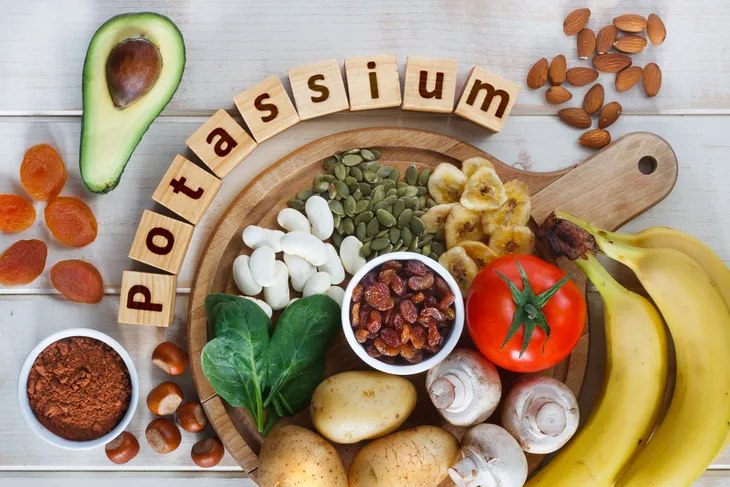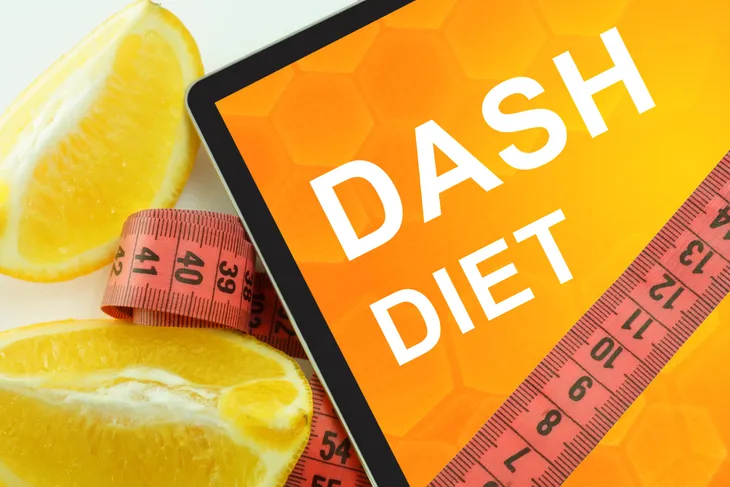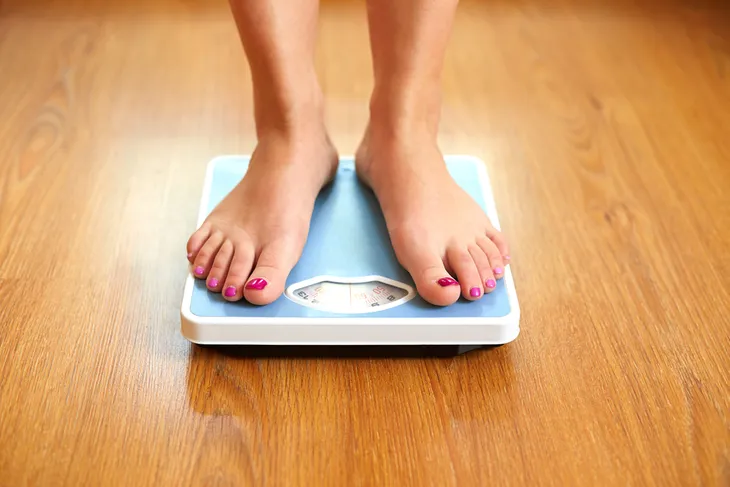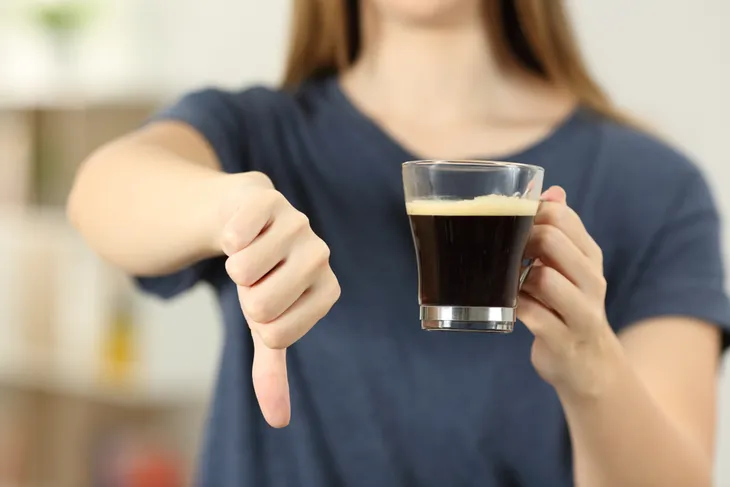- Along with the medication prescribed by your doctor, there are simple lifestyle changes you can make to help lower high blood pressure.
- Exercising, eating a healthy diet, and managing stress are just a few ways you can control your blood pressure.
- Untreated high blood pressure can lead to serious health complications such as a heart attack or stroke. This is why it’s so important to work closely with your doctor.
If you’ve unexpectedly been diagnosed with high blood pressure (also known as hypertension), it’s not the end of the world! High blood pressure is present when you have a systolic blood pressure (when your heart muscle contracts) of 130-mm Hg or above or a diastolic blood pressure (when your heart muscle relaxes) of 80-mm Hg or above is observed by your doctor on more than one occasion. Sure, you should always take the medication the doctor prescribes for your high blood pressure. However, there are additional lifestyle changes that you can make to help bring those numbers down to a healthy level.
Here are some lifestyle changes you can make to successfully control your blood pressure…
Want diet & nutrition content delivered straight to your inbox? Sign up for our exclusive diet & nutrition newsletter!
Exercise Regularly
The best thing you can do for high blood pressure is to get physically active for at least 30-minutes per day, most days of the week. This could include (but is not limited to) walking, running, biking, swimming, or yoga. It could also include a favorite sport or hobby.
Whatever physical activity you choose, you’ll be rewarded by seeing those numbers lower within just a few weeks, which will go a long way at avoiding complications from high blood pressure, such as heart attacks, strokes, heart failure, and kidney disease.
Healthy Eating
Eating a balanced diet that focuses on fresh fruits and vegetables, complex carbohydrates (such as whole grains), lean protein, and low-fat dairy is important for lowering blood pressure.
Banishing refined sugar, excess salt, and saturated fat and cholesterol will also help keep blood pressure levels safe (as well as your heart and kidneys). Healthline points out that sugar, especially fructose may increase your blood pressure more than salt. Nonetheless, it’s still important to limit these types of foods and swap them for healthier alternatives!
Consider the DASH Diet
One particular diet you can consider is the DASH diet, also known as the Dietary Approaches to Stop Hypertension diet. The Mayo Clinic explains the DASH diet may help lower your blood pressure by up to 11 mm Hg. But what is it exactly?
The DASH diet puts a strong emphasis on eating fruits, vegetables, whole grains, low-fat dairy products, lean meats, fish, and nuts in an effort to get your blood pressure under control. The diet also encourages a low salt intake of about 1-teaspoon per day. Talk to your doctor to find out if the DASH diet is right for you.
Quit Smoking
If you need another reason to quit smoking, add high blood pressure to the list. Your blood pressure levels may increase as much as 10-mm Hg or greater following every cigarette. If you smoke frequently throughout the day, this means that you’re constantly elevating your blood pressure to possibly risky levels.
If you’re ready to quit smoking, talk to your doctor. They can help provide you with tools, resources, and in some cases, medication to help kick the habit for good! You should also lean on a support system as quitting smoking is no easy feat.
Increase Potassium and Reduce Sodium
Reducing your salt intake while increasing your potassium intake is another effective way to lower your blood pressure, says Healthline. Potassium can help “lessens the effects of salt in your system and eases tension in your blood vessels,” notes the source. That said, individuals with kidney disease should be mindful as too much potassium may be harmful. This is why it’s important to discuss dietary changes with your doctor.
Getting more potassium in your diet is easy too. Some foods that are high in potassium include fish, fruits (such as bananas, avocados, and oranges), vegetables (such as sweet potatoes, tomatoes, and spinach), and low-fat dairy (such as milk and yogurt).
 Shutterstock/Evan Lorne
Shutterstock/Evan LorneShed Pounds
Blood pressure increases with weight, which means you can reduce your numbers by simply losing a few excess pounds—particularly around your middle, near your heart. Shedding as little as 10-pounds not only can decrease your blood pressure but also decrease your cholesterol levels (and your risk for heart attack and stroke as a consequence). Your heart and your blood vessels will thank you for this.
Healthline explains several studies report that a weight loss diet reduces blood pressure by 3.2-mm Hg diastolic and 4.5mm Hg systolic on average. If you need help losing weight, reach out to your doctor or dietician for advice.
De-Stress
Everyone experiences stress from time to time. But if you’re dealing with chronic stress, it’s time to reevaluate. Taking a breather from stressful work, family, social obligations, and/or financial obligations will also help lower your blood pressure.
If you can’t eliminate stress completely, consider stress management methods, such as exercise, massage, meditation, yoga, or tai chi. Listening to music daily and regular sauna use are both relaxing and may help reduce your blood pressure too.
Cut Caffeine
Studies show that caffeine causes blood pressure levels to spike temporarily. One study showed that the systolic blood pressure was elevated for 2-hours after drinking 32-ounces of a caffeinated drink. But, the study also reported that the blood pressure dropped more quickly in the participants who drank the caffeinated drink.
Healthline notes another study that indicated caffeine’s effect on raising blood pressure was greater if you already had high blood pressure. That said, the study also acknowledges that more research is needed. Nonetheless, if you have high blood pressure and you drink a lot of caffeinated beverages (such as soda, tea, coffee, or energy drinks), then consider cutting back and see if it helps.
Cut Back on Alcohol
Studies show that drinking alcohol in small amounts can actually help lower blood pressure. It doesn’t matter if it’s wine, beer, or spirits. However, adverse effects may occur if you indulge too often. Excessive drinking may also reduce the effectiveness of blood pressure medications, says Healthline.
So how do you know what is too much? The American Heart Association (AHA) says women should limit their intake to one alcoholic beverage per day and men should drink no more than two alcoholic beverages per day. The AHA says one drink is equal to 12-ounces of beer, 4-ounces of wine, 1.5-ounces of 80-proof spirits, or 1-ounce of 100-proof spirits.
Self-Monitoring
If you’ve been diagnosed with high blood pressure, it’s in your best interest to learn how to self-monitor your blood pressure at home. This is done using a blood pressure monitor, which helps you keep tabs on your blood pressure to ensure it stays within healthy levels between doctor visits.
You should avoid blood pressure monitors that are not upper arm oriented as blood pressure readings can become widely inaccurate the further away you go from the upper arm (i.e., avoid finger oriented monitors). It’s also a good idea to have your doctor show you how to properly use the device to help ensure accurate readings at home.
Ask for Help
Staying healthy and sticking to a new diet and exercise plan is always easier if you have the support of your family and friends. This way, if you slip off track, you’ll be encouraged by the people who love you to invest in your health and give you the physical and emotional boost to help you do so.
You may also want to seek out support groups. Talking with a community of people who are going through the same thing can help you feel less alone. You might even receive some helpful tips along the way.
High Blood Pressure Risks
Managing high blood pressure is very important because if left untreated, it can lead to serious health complications such as a heart attack, stroke, or kidney damage. This is why it’s so important to work closely with your doctor.
With regular visits, your doctor can help you monitor your blood pressure and determine the right treatment for you whether that’s medication, lifestyle changes, or a combination of both.














